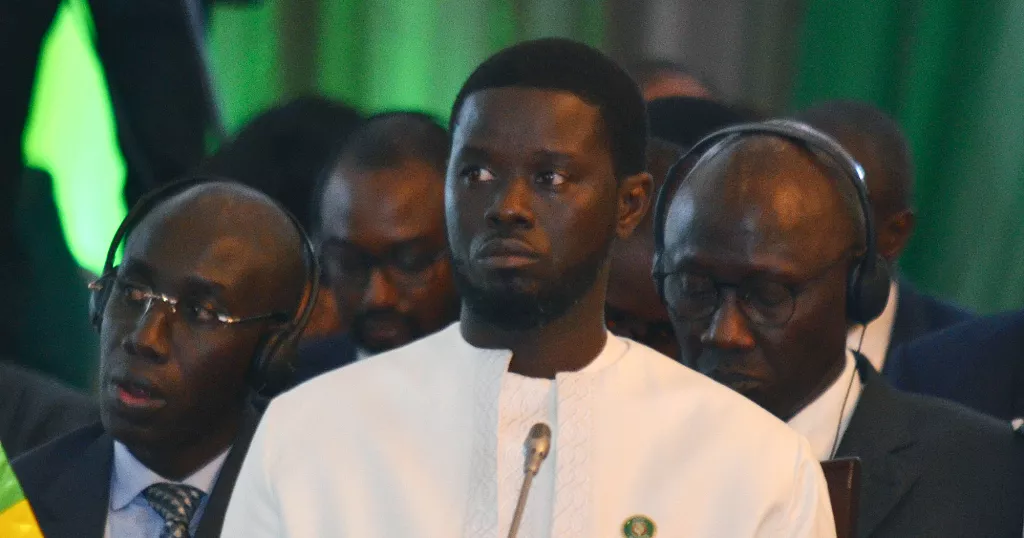Senegal is moving to strengthen financial transparency among public officials through amendments to its 2014 asset declaration law.
The revised legislation, which is expected to be debated in the National Assembly on August 18, 2025, aims to expand the range of officials required to declare their assets at both the start and end of their tenure.
Under the proposed changes, public prosecutors, investigating judges, local government leaders, auditors, and directors of public institutions would be obligated to disclose their financial holdings. Previously, the law applied mainly to senior officials, including the President of the National Assembly, the Prime Minister, ministers, and public accountants overseeing budgets exceeding 1 billion CFA francs (around €1.5 million). The amendment also proposes lowering the reporting threshold for managers of public funds to 500 million CFA francs (approximately €760,000).
Despite these measures, the proposed law has drawn criticism for exempting the President, Bassirou Diomaye Faye, from asset disclosure requirements. Opposition figures argue that excluding the country’s highest office undermines the law’s purpose of promoting accountability.
Also Read; Trump Eases Rocket Launch Rules, Boosts Space Industry
“Transparency demands that the President also be subject to these obligations,” said Doudou Wade of the Senegalese Democratic Party (PDS), speaking to media outlets. In contrast, Amadou Ba, a legislator from the ruling party, defended the exemption, noting that the Senegalese Constitution requires the President to declare assets only at the beginning of their term, and that constitutional rules take precedence over ordinary legislation.
The debate reflects wider discussions about governance and financial oversight in Senegal. Proponents of the law argue that the amendments are an essential step toward reinforcing integrity in public office and reducing the risk of hidden debts or corruption. Critics, however, contend that excluding the President weakens public trust and questions the commitment to genuine reform.
As the National Assembly prepares to vote on the amendment, political observers and civil society groups continue to monitor developments closely, emphasizing the importance of inclusive and transparent measures that hold all public officials accountable.







